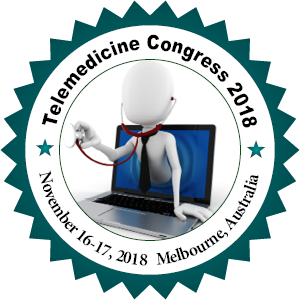Mikyung Ye
Catholic University of Daegu School of Medicine, Republic of Korea
Title: Taste and Smell Disturbances in Patients with Gastroesophageal Reflux Disease
Biography
Biography: Mikyung Ye
Abstract
Gastroesophageal reflux disease (GERD) is related to lifestyles including eating habits. Patients with GERD often report decreased taste sensitivity when eating. Some patients remark that food does not smell or taste the same. We aimed to investigate the effect of GERD on smell and taste functions. Four hundred eighty seven patients with taste disturbance who visited smell and taste clinic from 2010 to 2016 were evaluated. A questionnaire, which included questions regarding demographic information, taste and smell symptoms, taste preferences, and gastrointestinal symptoms was conducted. Diagnosis of GERD was based on the Korean version of GER questionnaires and/or esophagogastroduodenoscopy (EGD), 24hours PH monitoring. Olfactory testing was performed using the Korean version of sniffin’ sticks test. Whole mouth taste test was performed with successive solutions of sucrose, sodium chloride, citric acid, and quinine hydrochloride. The electrical taste thresholds were measured using an electrogustometer for four different sites in the oral cavity. One hundred ninety patients were diagnosed with GERD. Taste threshold and gastrointestinal symptom severity were significantly correlated. However, olfactory function test score was not significantly correlated with gastrointestinal symptom severity and with EGD findings. The patients with GERD showed higher taste preferences to salty, sour, and spicy food than without GERD group. Abnormalities in taste function were correlated with gastrointestinal symptom severity. Awareness of this high prevalence of GERD among patients with taste disturbance may help to better manage the taste disorder.

